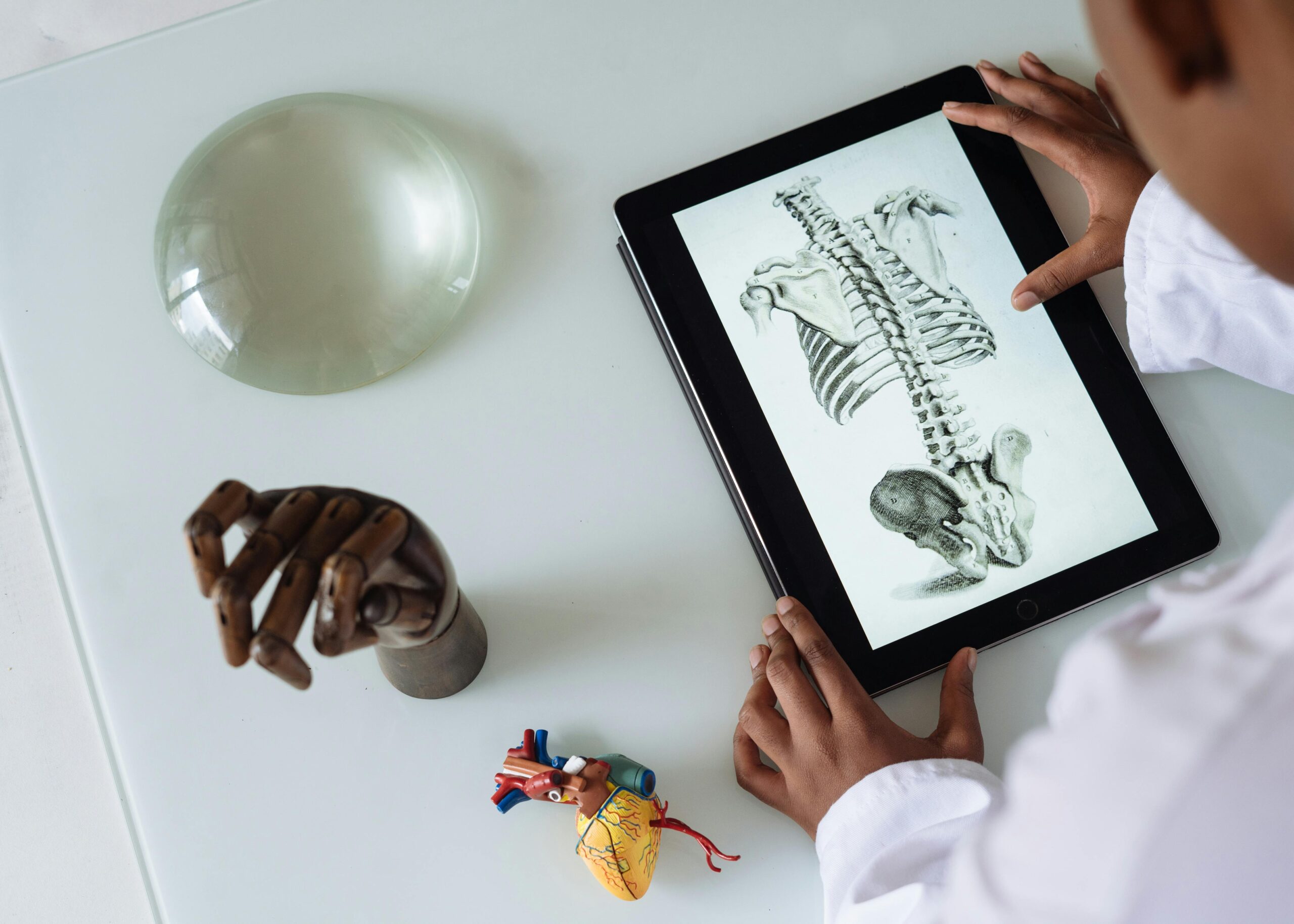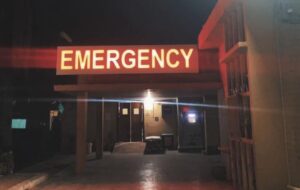I get what you are thinking. In addition to memorizing thousands of medical facts, now I am also supposed to do medical research as an undergraduate student?! How is it even possible? Can I even do it?
I might not have met you but I am your well-wisher. Research, in my opinion, is the best gift you can give to humanity (and yourself) as a medical student. I’ll first explain what research means and list a few reasons to convince you to begin your first undergraduate medical research. Even if you are not able to take your research till publication (it is very common and life happens), you will learn a lot regardless.
You can skip the long definition below if it goes over your head.
According to Webster 3rd edition, which PubMed has also cited, research is the ‘critical and exhaustive investigation or experimentation, having for its aim the discovery of new facts and their correct interpretation, the revision of accepted conclusions, theories, or laws in the light of newly discovered facts, or the practical application of such new or revised conclusions, theories, or laws.’
In simple words, research is going deep into a topic and finding something new.
The 8 reasons why you should do undergraduate medical research are given below.
1. Curiosity
This is probably the first time in your life that you can choose any medical-related topic that you like, dive deep into it, find answers, publish your results, and reap its benefits. Gone are the days of following a set curriculum. Talk about killing two (three? four?) birds with one stone.
In my opinion, this should be the main reason you should do research. Interested in a specific disease or problem that you found? Then formulate your research question and try your best to solve it.
But since not everyone is passionate about research, check reasons two to eight. You’ll find something that resonates with you.
2. Advancement of sciences
Everyone’s contribution will help add knowledge to the literature. Isn’t it exciting to know you can contribute to the medical community even without holding a degree?
The results of your research will eventually benefit humans and become a source of legacy. It will also benefit scientists, medical health professionals, medical writers and policymakers.
You’ll be at the forefront of sciences and help in creating evidence-based medicine.
Isn’t is exciting to know that your research might be the reason a new drug is developed, a new guideline or chapter is added to a book or a new policy is added to the law?
3. Giving the best care to your patients
Research teaches you a lot of skills and one of the things you learn is ‘literature review’ in which you find previously published papers. In case your patient is not responding to drugs or has been diagnosed with a rare disease, you can look up published papers on the subject matter yourself.
You also learn to somewhat appraise and assess the quality of the research paper.
There have been many times after I had graduated from medical school and wanted to look up a specific disease regarding symptoms and management. I asked my senior colleagues or used Medscape. But at times when I couldn’t find answers – for whatever reason – I referred to PubMed.
This was only possible because I had learnt how to do research in medical school. The end result is that you become a good doctor.
4. Pursuing a Residency Program
Regardless of wherever you are choosing to pursue your residency, research experience on CV is considered very useful.
I am from Pakistan and we have FCPS (Fellowship of the College of Physicians and Surgeons) for residency or specialization here. For fellow Pakistanis, perhaps getting an additional five marks for your research while applying for your FCPS will serve as a motivation for you.
Research also definitely gives you an edge in your application for PLAB/USMLE or any foreign medical exam you might be interested in taking. It even helps you in securing a visa and eventually a green card.
Think of research as a gateway to many opportunities.
5. Choosing a Research Career
If research is something you would like to pursue as a profession, why not start your experience now? You’ll be a researcher even before being a ‘professional researcher’. What better way to be a researcher than umm…. actually being a researcher?
6. Networking
I can’t tell just how many amazing people I have met because of research. Learning from each other, working on exciting projects together, and making lifelong friends or colleagues are some of the perks that come with doing research.
With that being said, make an account on LinkedIn if you haven’t already. You’ll get many opportunities for collaboration. Don’t just work with your class fellows. Work with juniors, seniors, consultants, other healthcare professionals and people from other departments and universities – locally and abroad.
Did you know that working with renowned physicians and scientists can help you in getting letter of recommendation for residency program?
7. Improving your soft skills
Since you’ll be working in a team, you’ll learn team collaboration. You’ll also develop confidence when you present your poster at different national and international seminars and conferences.
Additionally, you’ll hopefully learn discipline and time management when you are trying to juggle your tough studies and research.
I know it is hard managing studies and research. But hear me out. Perhaps, a less-than-perfect grade and working on a research project might be better than a perfect grade and no research project. Agree?
8. Moral duty and Creating Future Leaders
By the time we become specialists, we have a vast amount of knowledge under our belt, and guess who has become an expert in a particular field?
That’s right. You. You are probably the best person to research your field.
With specialized knowledge, and research skills combined, your research has much more impact than you could imagine.
Final Words
I hope that this article has changed your opinion on research in a better way. If you have made up your mind (you have right?) to start undergraduate medical research, approach a class fellow, senior, or teacher who is knowledgeable enough to guide you. The earlier you start, the better.
For people who are ending their medical school or have graduated with no research experience under their belt, there is still hope for you. Since research is something every healthcare professional should be involved in throughout their lives, I would also advise that you find workshops, websites such as Scribbr, YouTube videos and colleagues that could help you start your first research project.
If you live in Pakistan, the Research Council of Pakistan or Chamber of Innovation and Research Development might help you in starting your research process.
Remember that time flies and it is to better start now than never.
Come up with a timeline and STICK TO IT.
Make yourself proud. I am rooting for you.




